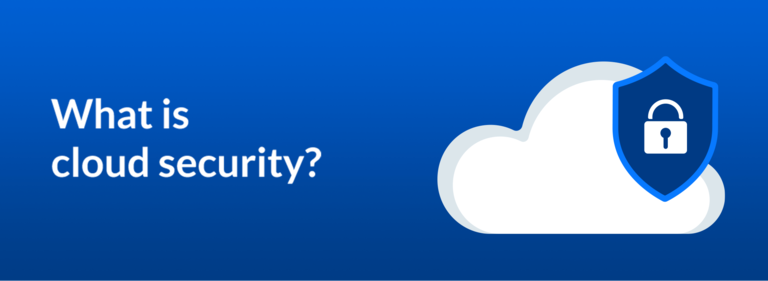Undoubtedly, digital technologies have made the work of businesses and corporations much easier and more efficient. Cloud services are essential to these technologies, which help companies build a dynamic infrastructure with cheaper costs and improved security. They are no different than any other cyber security program.
Cloud services are undoubtedly popular, as their market reached $62.3 billion in Q2 of 2022. Therefore, it is crucial to understand what makes cloud services so indispensable for businesses.
Identity Access Management
Identity & Access Management (IAM) is a combination of business practices and technologies that help companies regulate the access of people within a company to the company’s critical information. Here’s why it has immense importance for businesses:
- Helps Manage IT Workload
Updating the security policy lets you edit the access privileges across the company. So, it cuts down on the number of times employees ask for password resets.
- Reduces Human Error
The workload of the IT department is reduced significantly when IAM takes over the cloud storage of an organisation. No longer manual account permissions and rejections are required. Similarly, clumsy employees can no longer make any mistakes that might make a company pay a heavy price.
- Improved Collaboration & Efficiency
Users from different platforms can access cloud services if they have the required information. However, it increases the workload of IT managers, who now have to manage multiple access points at once and see who is authorised and who isn’t. Cloud-based IAM allows users to access services from mobile devices for improved team collaboration and efficiency.
Security Breaches
Preventing security breaches must be a no-brainer for any organisation. When it controls access to its data, it improves its security manifold and prevents identity theft and security breaches from protecting sensitive corporate information. Hence, robust cloud security prevents login credentials from being compromised and protects companies against ransomware, phishing, etc.
Security breaches can be detrimental to a company in many ways. Not only do they reveal a company’s confidential data, such as proprietary designs, financial records, etc., but they also dent the trust of customers. However, cloud security helps organisations prevent all of those headaches by offering them a robust and reliable security structure.
Governance
Cloud security also improves the governance model of a company in the following ways:
- Value Delivery
The improved governance resulting from cloud security helps businesses deliver on their promises on-time and satisfy their clients or customers. By improving the safety of their system, cloud security enhances the speed of work as organisations no longer have to worry about security breaches or compromise their data.
- Better Resource Management
A crucial aspect of good governance is the better use of resources, and cloud security governance helps companies achieve that. Lapses in security and access breaches can dent the quality of work. Cloud security manages this problem by assisting organisations to make the most optimal use of available resources.
- Consistent Performance
Cloud security brings smoothness to a company’s workflow, making it perform consistently. There are no unwanted interruptions because of glitches or manual access pains, helping people focus on their work instead. The management can also focus on better governance rather than losing data all day.
Disaster Recovery
In the digital age, no organisation is immune from cyber attacks. These can severely impact the company’s functioning due to lack of access, loss of resources, delayed responses to customers, etc.
As a result, it is important to have a strong disaster recovery system that ensures resilience and the continuation of the system. Here are some of the reasons why cloud-based disaster recovery is so crucial for every organisation:
- Immense Reliability
Cloud-based disaster recovery solutions allow companies to regularly test their disaster recovery infrastructure without disrupting their regular workflow. So, organisations can test their recovery time accurately and see if they’re prepared for a disaster. If not, they can improve upon the already existing infrastructure and score better timing in the future.
- Flexibility
Cloud-based services allow companies to store their crucial data at any location. If any IT disaster strikes, the data can be returned online within no time if held at a secure site. Moreover, it eliminates the need to rely on traditional recovery methods.
- Efficiency
Cloud disaster recovery improves the system’s efficiency and allows organisations to deploy recovery across several locations. This architecture will enable users to access essential data from remote areas, improving cloud data’s simplicity and management.
- Easy to Deploy
Cloud-based disaster recovery methods are relatively easy to deploy. You still require high expertise to plan and design the right Backup & Disaster Recovery strategy, however, once the right strategy is in place, the implementation is significantly faster and simplified as compared to an on-premise implementation. Companies can start it without making massive investments in hardware or software. They can make further investments as the size and complexity of disaster recovery increase.
The importance of Cloud Security
Cloud security has become an indispensable asset for any organisation these days. With all of your critical data at risk, it is crucial to invest in robust and reliable cloud security solutions by Restack. Our security solutions revolve around managing identities & access, keeping threats out, and ensuring appropriate handling of your data.
So, reach out to us without any delays. Our team will answer all of your questions and provide feedback promptly.
